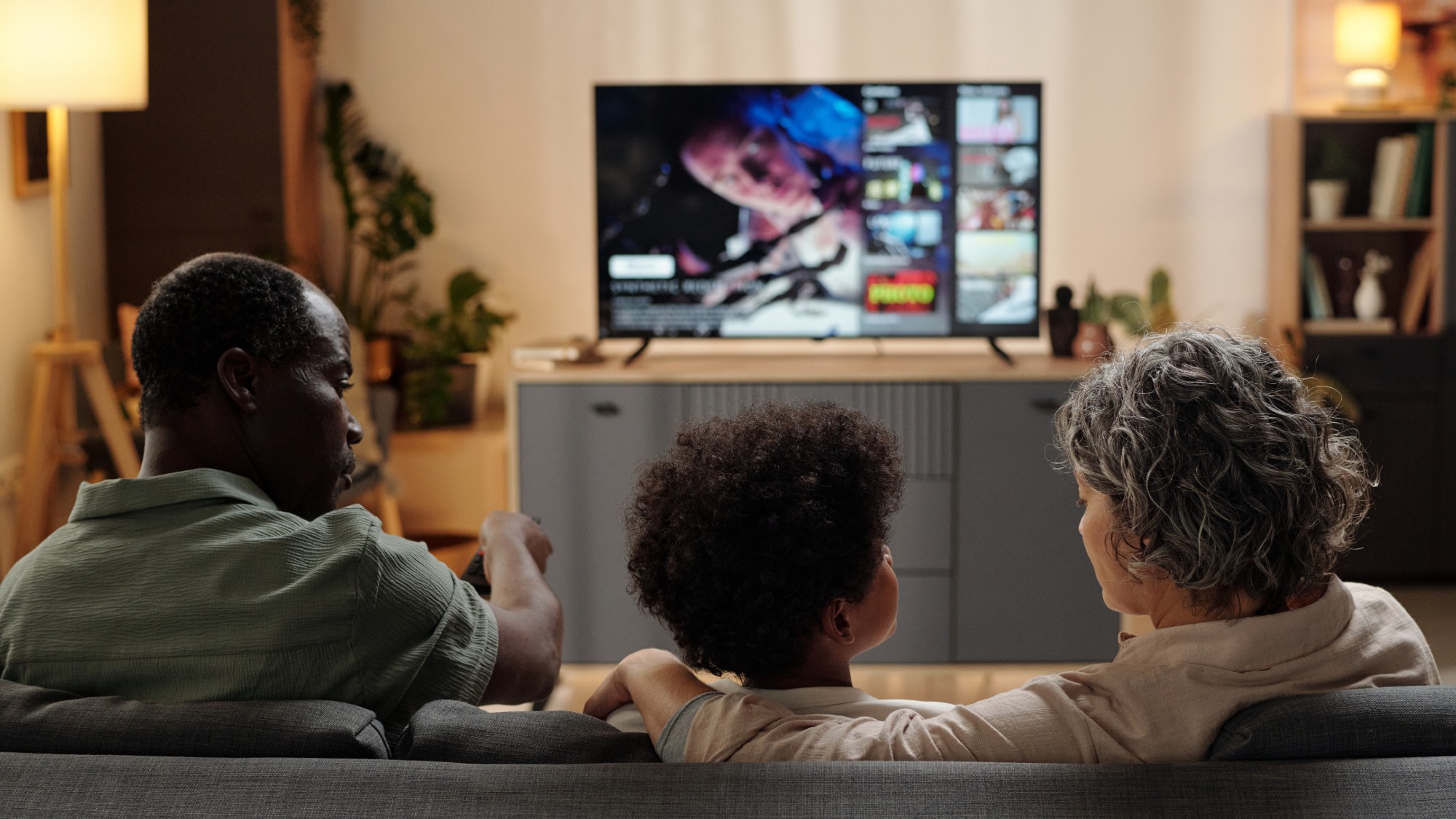Should TV adverts reflect the nation?
Reform MP Sarah Pochin’s controversial comments on black and Asian actors in adverts expose a real divide on race and representation

A free daily email with the biggest news stories of the day – and the best features from TheWeek.com
You are now subscribed
Your newsletter sign-up was successful
Sarah Pochin used her first Commons appearance to call for a burqa ban. Now, the Reform UK MP has made headlines again, said The Guardian, by telling a TV phone-in show that adverts contain too many black and Asian actors. She was talking to “Stuart in London”, who had complained that such ads “don’t represent what this country looks like”. Pochin agreed: “It drives me mad when I see adverts full of black people, full of Asian people,” she said, before blaming this on the “woke liberati”.
Widely held view
Her comments provoked howls of outrage. Wes Streeting, the Health Secretary, warned that they signalled a return to “1980s-style racism”; the shadow home secretary, Chris Philp, eventually agreed that they were racist; Nigel Farage described them as “ugly”. Yet Labour, the Tories and Reform UK are all being hypocritical here, said Darren Lewis in the Daily Mirror. By stirring up anti-immigrant sentiment, they’ve helped turn Britain into a place where an MP “feels empowered” to state that there are too many black faces on TV.
Hang on a minute, said Laurie Wastell in The Spectator. Pochin’s words were poorly chosen (as she has admitted), but she was merely expressing a widely held view that is grounded in truth. A recent Channel 4 study found that black people appear in 51% of commercials (23% in lead roles) though they make up only 4% of the UK population. Diversity campaigners are always going on about the importance of “representation”, meaning too many white people, so why shouldn’t an MP point out that white families are actually under-represented in TV ads?
The Week
Escape your echo chamber. Get the facts behind the news, plus analysis from multiple perspectives.

Sign up for The Week's Free Newsletters
From our morning news briefing to a weekly Good News Newsletter, get the best of The Week delivered directly to your inbox.
From our morning news briefing to a weekly Good News Newsletter, get the best of The Week delivered directly to your inbox.
Aspirational diversity
But adverts aren’t there to represent the world as it is, said Clive Morgan in The Independent. They work by presenting an aspirational vision that connects goods “emotionally” to viewers. Hence car ads don’t show the mundanity of traffic jams, they depict the possibility of the open road. And in today’s Britain, “possibility looks diverse”.
Those of us who grew up when people of colour were hardly seen in ads should celebrate their new ubiquity, but this shift isn’t due to firms getting “woke”. “Every face on screen is the product of research, focus groups, and consumer testing.” If diverse adverts alienated lots of people, they’d not run.
In fact, brands have found that inclusivity sells – especially to the young. Reform UK should pay heed, said Stephen Bush in the FT. Even before this latest row, 47% of Britons thought the party was racist – which is more than in 2024; and as last week’s election in Wales showed, that makes it increasingly vulnerable to tactical voting.
A free daily email with the biggest news stories of the day – and the best features from TheWeek.com